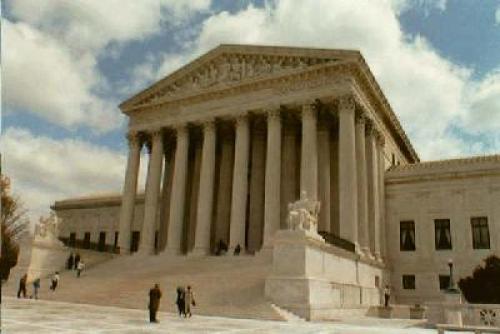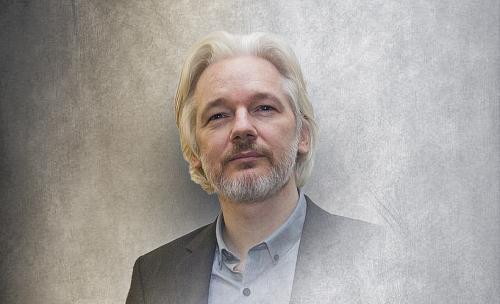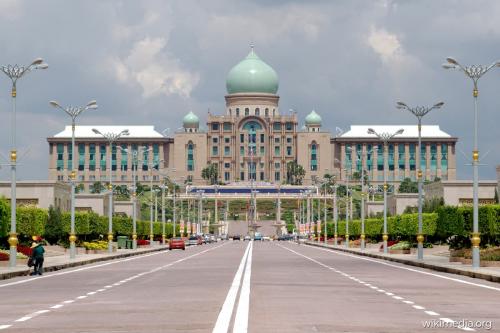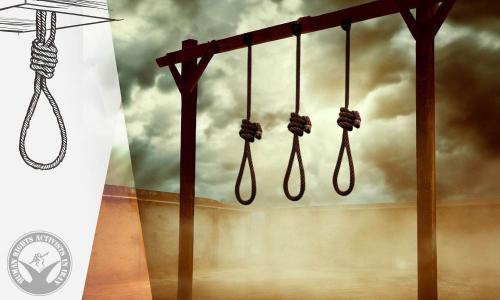25 November 2019 :
A federal judge in Washington has issued a preliminary injunction barring the United States government from carrying out four executions scheduled for December 2019 and January 2020.
The opinion, issued November 20, 2019 by Judge Tanya S. Chutkan of the U.S. District Court for the District of Columbia, temporarily halts the federal executions pending completion of court challenges to the government’s execution process and is a major blow to the Trump administration’s plan to resume carrying out the federal death penalty after a sixteen-year hiatus. The U.S. Department of Justice (DOJ) appealed the district court’s order on November 21, and Attorney General William P. Barr told the Associated Press that he would take the case to the U.S. Supreme Court, if necessary. On July 25, the Department of Justice announced that the federal government intended to restart federal executions and that Barr had directed the Federal Bureau of Prisons (BOP) to adopt a new protocol specifying that federal executions would be carried out using the drug pentobarbital. Barr also directed the BOP to schedule five executions in a five-week period, setting execution dates for Daniel Lewis Lee (December 9), Lezmond Mitchell (December 11), Wesley Ira Purkey (December 13), Alfred Bourgeois (January 13), and Dustin Lee Honken (January 15). The prisoners sought to stay their executions on a variety of procedural and constitutional grounds. However, Judge Tanya S. Chutkan of the U.S. District Court for the District of Columbia, found it necessary to address only one: whether the Department of Justice had legal authority to unilaterally establish a federal execution protocol. Judge Chutkan ruled that it did not. In a fifteen-page opinion, she wrote that the government’s proposed execution process conflicted with the provisions of the federal death penalty statute Congress passed in 1994 and that the prisoners were likely to prevail on their claim that the DOJ had “exceeded its statutory authority” in adopting the protocol. Chutkan is presiding over a 14-year-old lawsuit that challenges the U.S. government’s execution procedures. An injunction has long been in place preventing the government from executing the prisoners who brought that suit. The five prisoners whom DOJ selected for execution were not parties to the suit, leading to criticism that the Trump administration had chosen them as an end-run around judicial oversight of its proposed execution protocol. Four of the prisoners moved to join the litigation and sought to enjoin their executions until the case could be resolved. The fifth federal prisoner, Lezmond Mitchell, did not join the lawsuit. A federal appeals court stayed Mitchell’s execution on October 4 so it could complete review of an appeal that was already before the court when his death warrant was signed. In granting the preliminary injunction, Chutkan wrote that, without it, the prisoners “will suffer the irreparable harm of being executed under a potentially unlawful procedure before their claims can be fully adjudicated.” She rejected the government’s argument that it would be harmed by further delaying the executions, saying that “the public is not served by short-circuiting legitimate judicial process, and is greatly served by attempting to ensure that the most serious punishment is imposed lawfully.”











